Optimal Timing for Waterproofing Application
Waterproofing is a critical process that protects structures from water intrusion, preventing damage and deterioration. The timing of waterproofing application can significantly influence its effectiveness and longevity. Proper planning ensures that the waterproofing system performs optimally and provides long-term protection.
Late spring and early summer are ideal for waterproofing projects due to moderate temperatures and low humidity, which facilitate proper curing.
Extreme heat, cold, or rainy weather can compromise waterproofing applications, leading to reduced adhesion and durability.
Applying waterproofing before construction begins ensures that foundations and structures are protected from moisture during build phases.
Post-build waterproofing is best performed during dry seasons to prevent water exposure during application and curing.
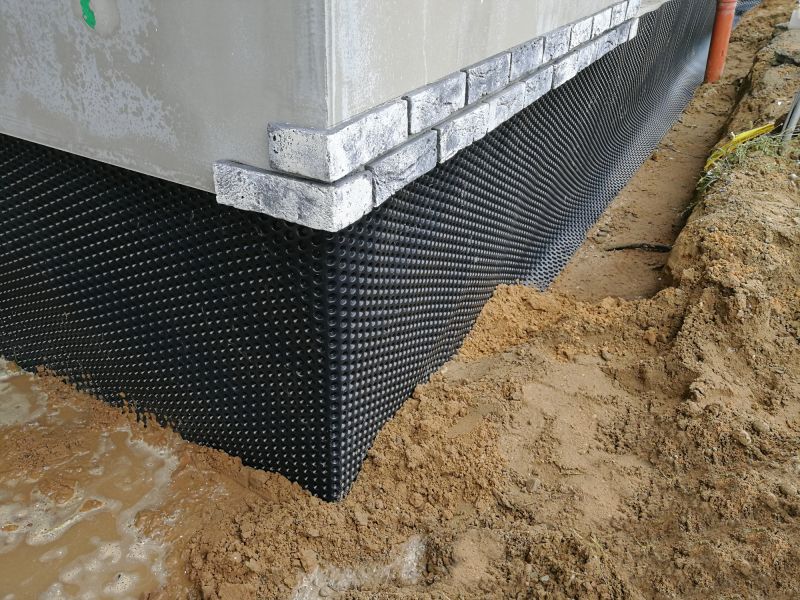
Spring offers favorable conditions for waterproofing with moderate temperatures and reduced rainfall.
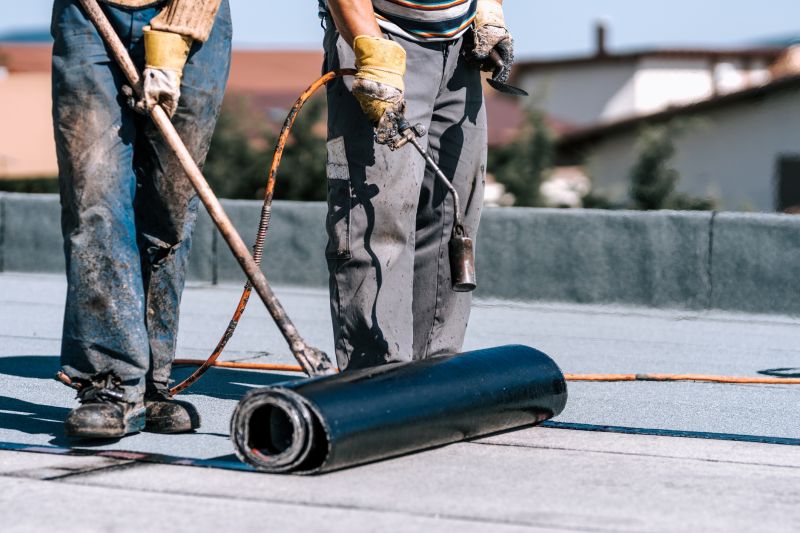
Summer requires careful planning due to higher temperatures; early morning or late afternoon applications are preferred.
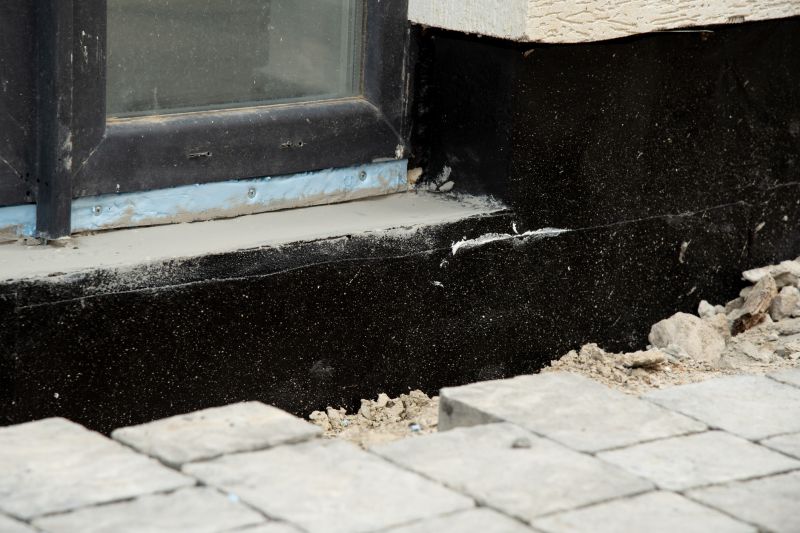
Fall provides a dry window before winter, ideal for sealing and protective coatings.
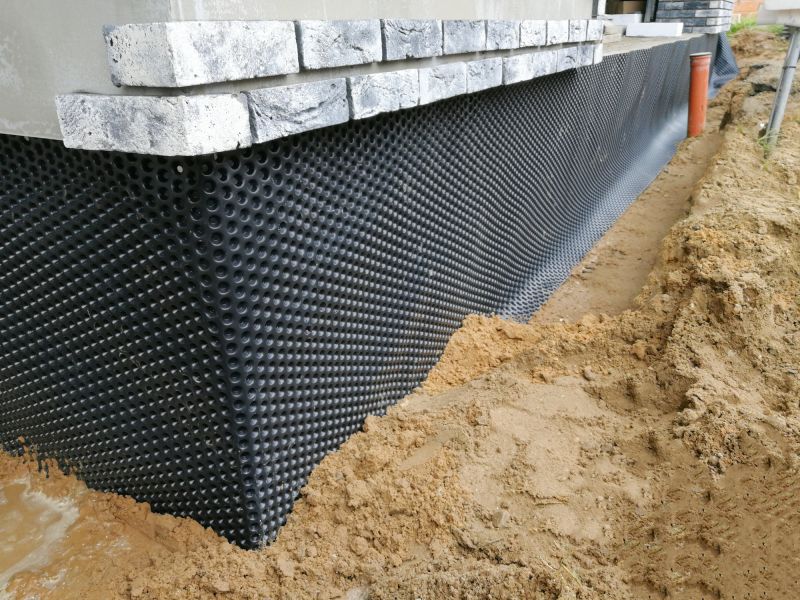
Winter conditions are generally unsuitable due to freezing temperatures and snow, which hinder application and curing.
| Season | Suitability |
|---|---|
| Spring | Highly suitable due to mild weather and low humidity. |
| Summer | Suitable with caution; avoid peak heat hours. |
| Fall | Good for waterproofing before winter. |
| Winter | Generally unsuitable due to cold temperatures. |
Waterproofing plays a vital role in maintaining the integrity of buildings and structures. Proper timing ensures that materials adhere correctly and cure properly, maximizing their protective qualities. Statistics indicate that waterproofing failures often occur when applications are performed during unsuitable weather conditions, leading to increased repair costs and structural issues over time.
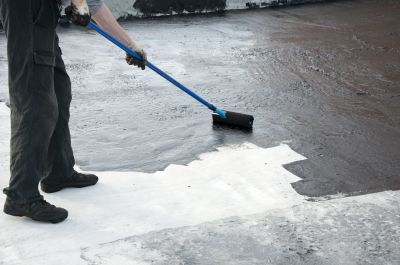
Application process during optimal weather conditions ensures durability.
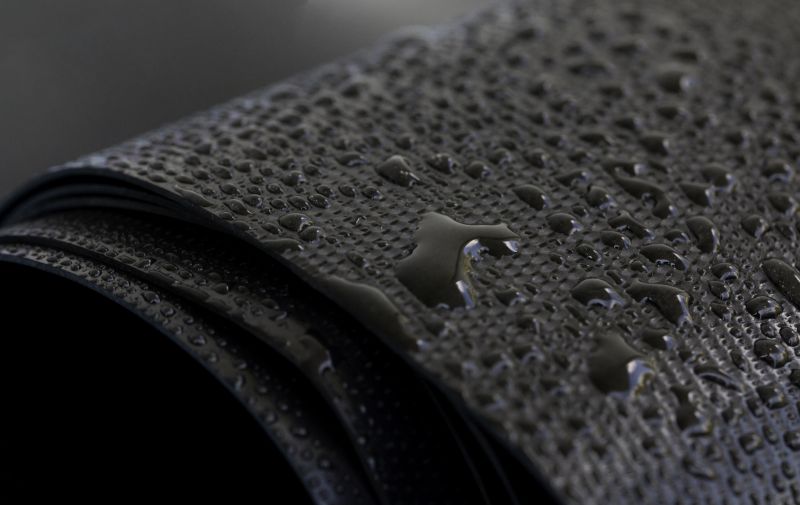
Sealing surfaces to prevent water infiltration effectively.
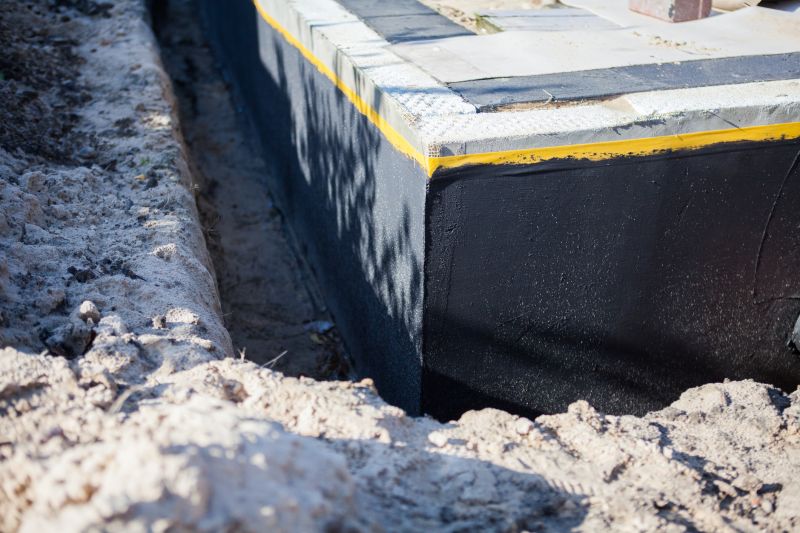
Regular checks help maintain waterproofing effectiveness.
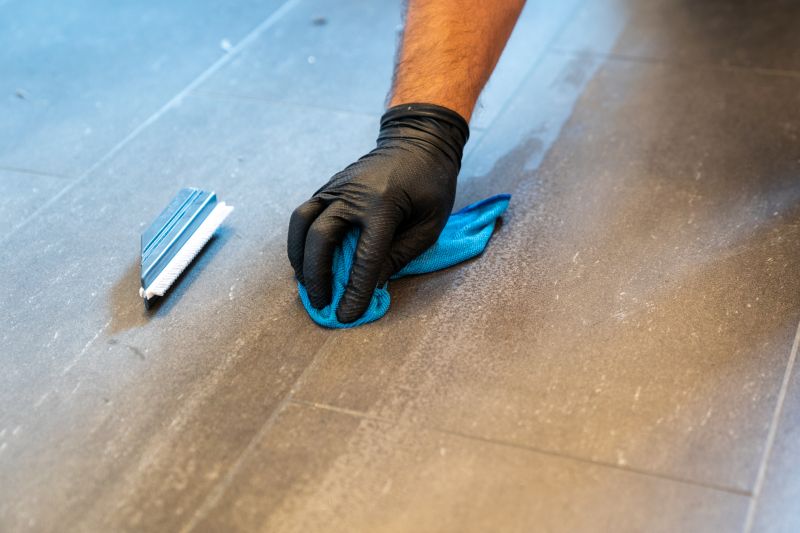
Ways to make Waterproofings work in tight or awkward layouts.
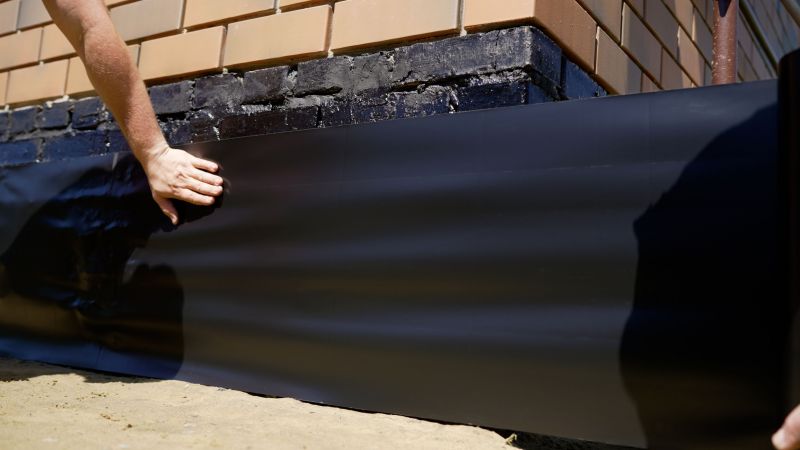
Popular materials for Waterproofings and why they hold up over time.
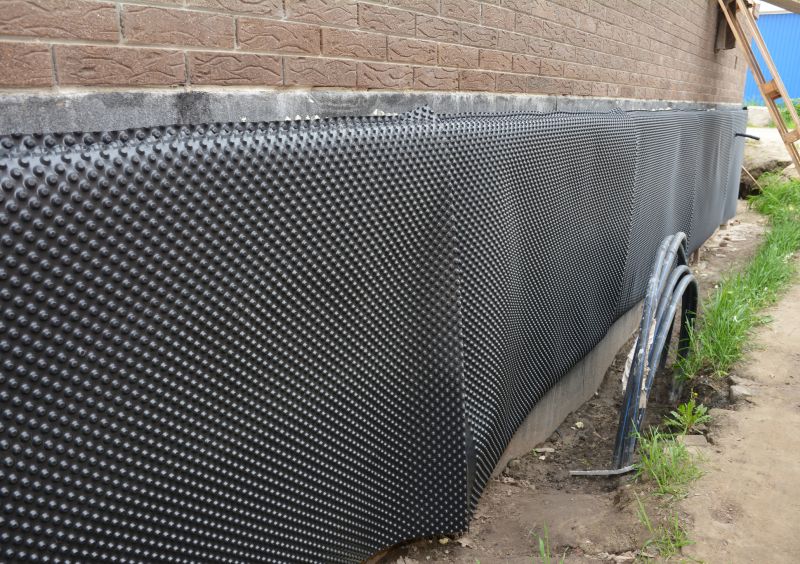
Simple add-ons that improve Waterproofings without blowing the budget.
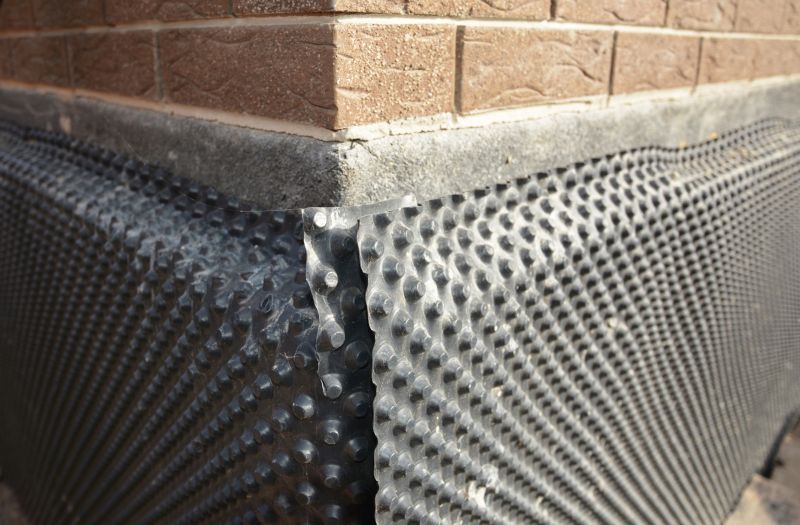
High-end options that actually feel worth it for Waterproofings.
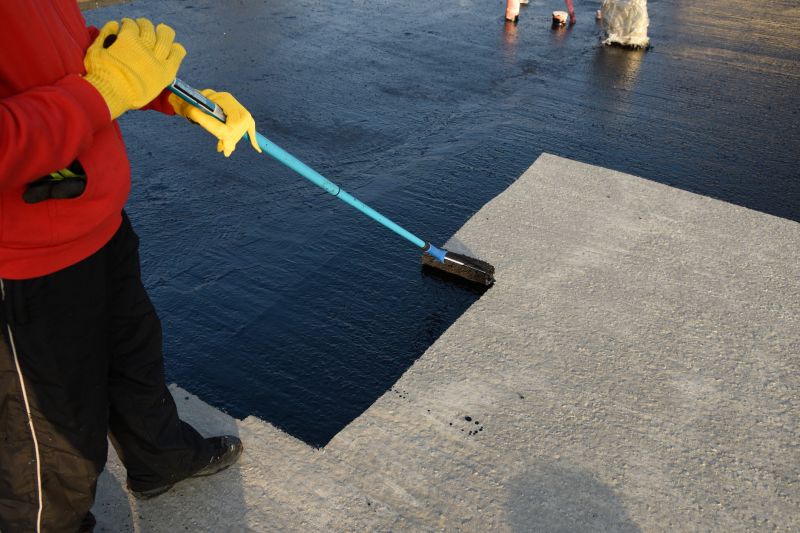
Finishes and colors that play nicely with Waterproofings.
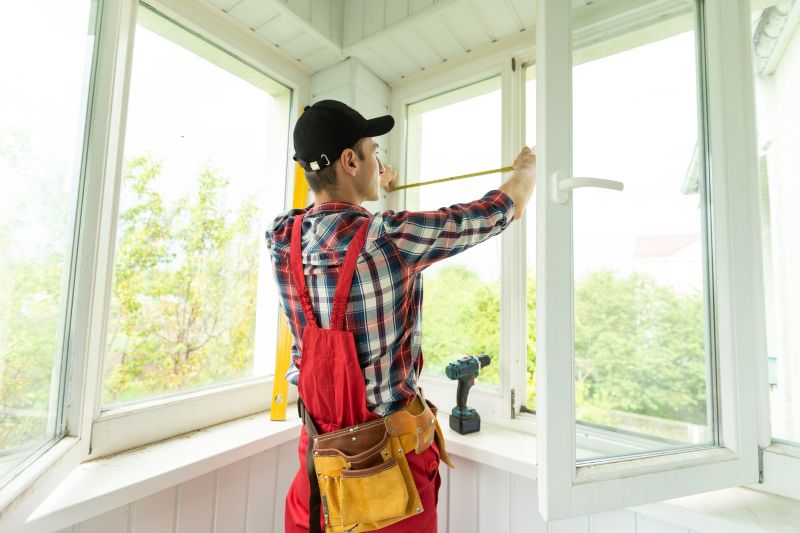
Little measurements that prevent headaches on Waterproofings day.
Choosing the right time for waterproofing depends on climate conditions, project scope, and specific material requirements. Consulting with waterproofing professionals can help determine the most suitable season for application, ensuring optimal results and longevity.
Interested in waterproofing services? Filling out the contact form can provide access to expert advice and tailored solutions to protect structures effectively.


